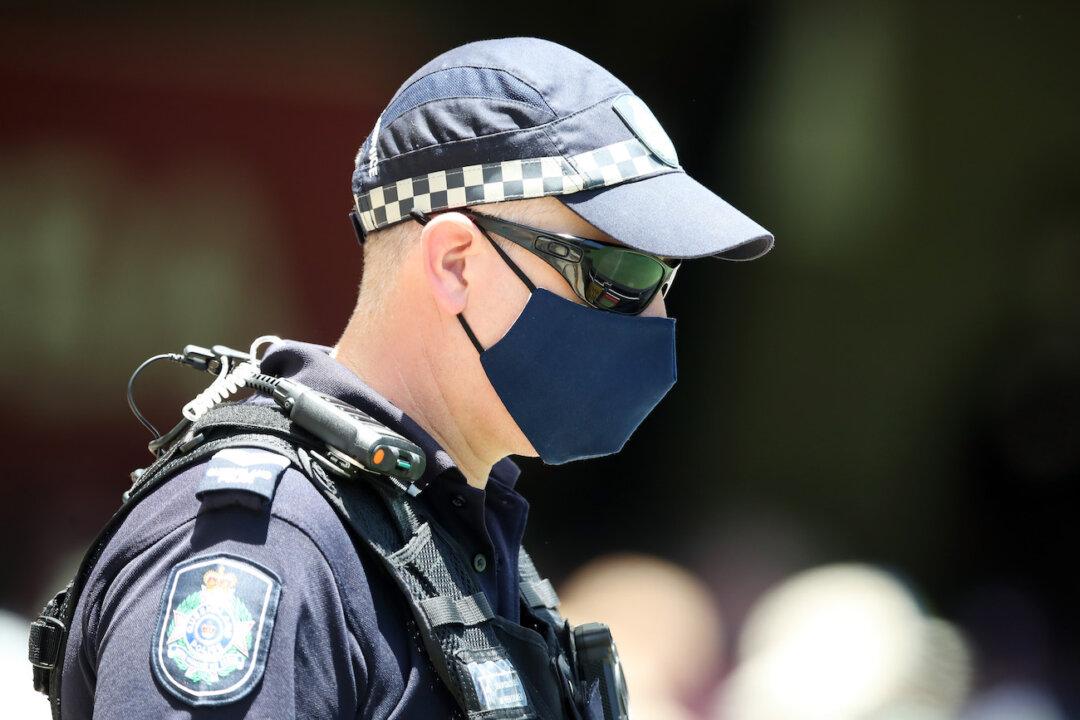Australian police in the state of Queensland, out of concern for the spread of COVID, have requested that citizens report on people they know have taken a stance against COVID-19 vaccines, as well as report on those with extremist views.
“If it’s anybody out there that knows of someone who might be showing concerning behavior around conspiracy theories, anti-government, anti-police ... conspiracy theories around COVID-19 vaccinations ... we’d wanna know about that, and you can either contact police directly or go through constables,” Queensland Police Deputy Commissioner Tracy Linford said in a video shared by political commentator Rukshan Fernando in a Dec. 23 tweet.





